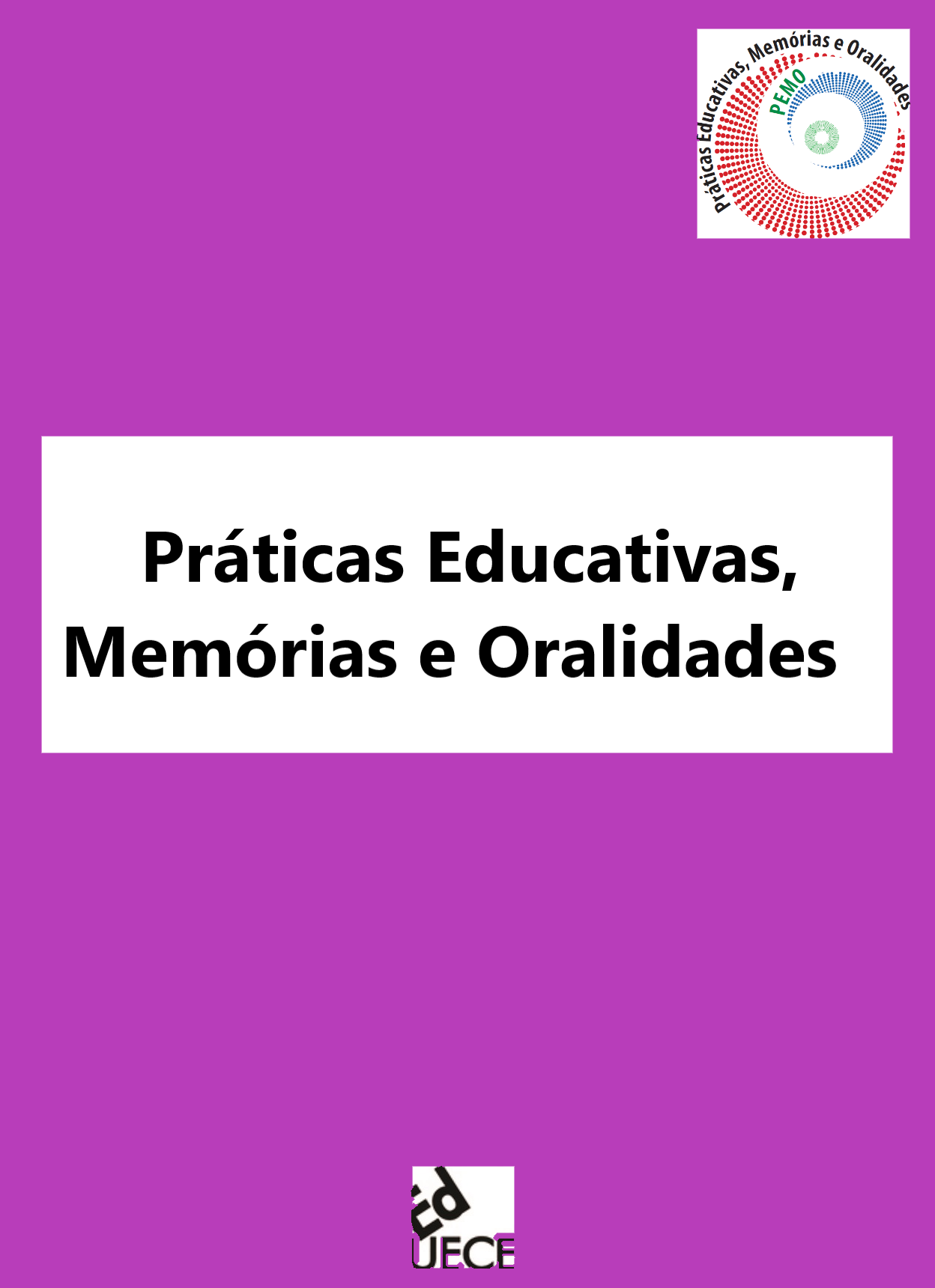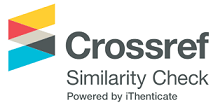Conectivismo e os desafios da formação docente na era digital
DOI:
https://doi.org/10.47149/pemo.v3i3.5592Palavras-chave:
Conectivismo, Formação de professores, Mudança de paradigmasResumo
O presente artigo objetiva questionar e destacar aspectos significativos de definição da função docente e suas exigências para a formação do cidadão da era digital, bem como realizar uma contextualização da aprendizagem e desenvolvimento de competências e habilidades partindo de uma perspectiva conectivista. Para essa análise foi utilizado o método bibliográfico, levantamento de material e pesquisas atualizadas sobre o tema. Constatamos que os obstáculos mais significativos estão mais relacionados às exigências de formação continuada, desenvolvimento e aplicação de tecnologias em sala de aula, devido ao perfil dos educandos oriundos de uma sociedade digital e conectada, como para a escassez de recursos tecnológicos das instituições e comunidade escolar . Para a real implementação de um modelo conectivista necessitamos de mudanças estruturais e organizacionais a fim de nos adequarmos á sociedade da informação e do conhecimento.
Downloads
Referências
CAMPOS, A. O. D. Integração das TIC na Disciplina de Educação Tecnológica: potencialidades e desafios. 2011. 213 f. Dissertação (Mestrado em Ciências da Educação) – Universidade de Lisboa, Instituto de Educação da Universidade de Lisboa, Lisboa, 2011. Disponível em: https://repositorio.ul.pt/handle/10451/5984. Acessado em: 04 abr. 2021.
DOWNES, S. An Introduction to Connective Knowledge. Disponível em: http://www.downes.ca/cgi-bin/page.cgi?post=33034. Acessado em: 19 jun. 2020
FRADE, L. Inteligencia Educativa. México: Mediación de la calidad. 2007.
FREIRE, P. Pedagogia da autonomia: saberes necessários a prática educativa. 25. ed. São Paulo: Paz e Terra, 2002.
FURLAN, F.; NASCIMENTO, F.R. do. A pesquisa e o professor: desfio atual da educação. Disponível em: www.unifra.br/eventos/jornaldaeducacao2006 Acesso: 01 abr. 2021.
GARCIA, M. A. & GALÁN, Y. I. J. Diagnóstico de los estilos de aprendizaje en los estudiantes: Estrategia docente para elevar la calidad educativa. 2009 Disponível em: https://www.redalyc.org/pdf/2831/283121714002.pdf. Acesso em: 01 abr. 2021.
KERR, B. A Challenge to Connectivism.Transcrição da comunicação apresentada na Online Connectivism Conference, Fevereiro 2007, Universidade de Manitoba. Disponível em: http://ltc.umanitoba. ca/wiki/index.php? title=Kerr_Presentation. Acesso em 21 out. 2020.
KOP, R. & HILL, A. Connectivism: Learning theory of the future or vestige of the past? The International Review of Research in Open and Distance Learning, v.9, n.3, 2008. Disponível em http: //www.irrodl.org/index.php/irrodl/article/view/523/1103. Acesso em: 21 out. 2020.
LANGARO, A. et al. A educação, suas mudanças e o conectivismo. In: Mostra de iniciação científica e comunitária, 7., Mostra de pesquisa e pós-graduação IMED, v.7, 2013, Passo Fundo. Anais... Passo Fundo: IMED, 2013.
NOEMI, D. Afinal, quais são as competências de um professor no século XXI?. Disponível em: https://escolasdisruptivas.com.br/escolas-do-seculo-xxi/competencias-do-professor/. Acessado em: 04 abr. 2021.
MORIN, E. Os sete saberes necessários à educação do futuro. 18. ed. São Paulo: Cortez, 2011.
SIEMENS, G. Conectivismo: uma teoria de aprendizagem para a idade digital. 2004.
SIEMENS, G. ¿Qué tiene de original el conectivismo?. 2008. Disponível em:http://humanismoyconectividad.wordpress.com/2009/01/14/conectivismosiemens/Acesso em 03 abr. 2021.
SOUZA, M. E. L; MARTINS, O. A. S; DUARTE, M. N. M; SILVA, M. R; Ensino Híbrido e Conectivismo: Desafios da educação na atualidade. Revista Ibero-Americana De Humanidades, Ciências e Educação, v. 7, n. 3, 2021.
Downloads
Publicado
Como Citar
Edição
Seção
Licença
Copyright (c) 2021 Maria Eliana Lopes de Souza , Olga Aparecida da Silva Martins, Mathaus Natan Moura Duarte

Este trabalho está licenciado sob uma licença Creative Commons Attribution 4.0 International License.
Os autores possuem direitos autorais dos seus textos:
A revista "Práticas Educativas, Memórias e Oralidades permite ao/s autor/es os direitos de publicação, no entanto, recomenda um intervalo de cinco anos para o caso de republicação ou referência ao primeiro local de publicação, no caso, o link da Rev. Pemo..
Os nomes e endereços informados nesta revista serão usados exclusivamente para os serviços prestados por esta publicação, não sendo disponibilizados para outras finalidades ou a terceiros.














